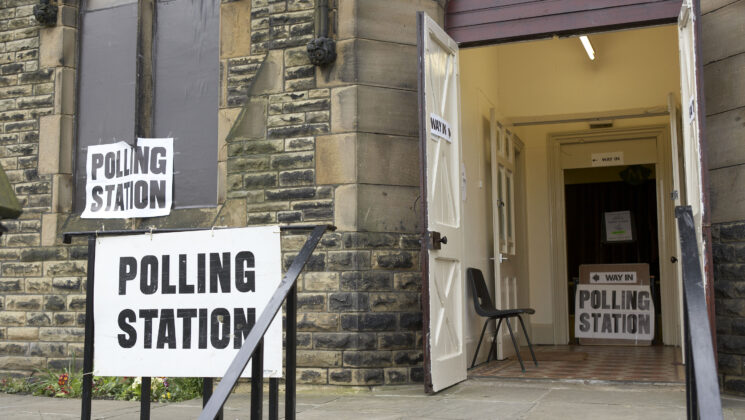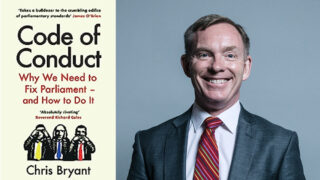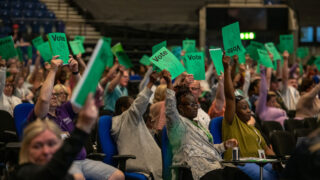On Thursday 4 May, local elections take place across England, including for some directly elected mayors. These are an important test for the government and a chance for voters to send ministers a clear message.
There are also local elections taking place in Northern Ireland on 18 May, further details of which will be published on the Northern Ireland website in the coming weeks.
Many UNISON members and activists will be involved in the elections in some way – by voting, talking about the candidates and issues at stake in our communities with family and friends, or volunteering with their local Labour Party. Some of our members will even be standing for election themselves – hoping to be elected to their local council.
Because some election campaign activity by trade unions is regulated, it’s important that everyone who wants to get involved can do so, but do so within the rules.
Where are elections taking place?
Elections will take place for some district councils, unitary authorities and directly elected mayors. Here’s the full list.
Why are these local elections important?
Most of the seats being contested were last up for election in 2019, when both the Conservatives and Labour lost ground. Clearly a lot has happened since then, including the introduction of anti-union legislation, attacks on workers’ rights, attempted implementation of derogatory pay awards and economic policies that have fuelled the cost of living crisis.
Unsurprisingly, the Conservatives are suffering in the polls. And voters now have a chance to pass judgement on these policies, translate the opinion poll ratings into an election defeat, and elect councillors who are pro-public services and pro-trade union.
Important things to remember about voting
There are lots of ways of getting involved in the elections. Of course, the most important thing to do is to vote – and tell all your family and friends to do likewise. Turnout in local elections is typically very low, so if everyone does their bit to encourage as many people to take part as possible, this will help.
To vote, you do need to be registered. If you’ve moved since the last elections, or changed your name, you will have to register. You can register here.
You can also register for a postal vote, which can be convenient if you are working on polling day, or have lots of other responsibilities. Register for a postal vote here.
As reported previously, the May local elections will be the first time that voters are required to show photo ID at the polling station, before being issued with a ballot form. Find out what ID you need to take with you to the polling station. If you don’t have the right ID, you can apply for a voter certificate here.
How can I help the Labour Party?
If you want to help the Labour Party during the election campaign, the best thing to do is volunteer with your local party. The Labour Link officer in your branch will be able to put you in touch, or you could take a look at the Labour Party website. If you do not have elections where you are, there will still be opportunities to help in a neighbouring area.
Volunteering to help with elections can seem daunting if you haven’t done it before, but there is always someone to guide you, and there is a range of tasks – from stuffing envelopes and delivering leaflets, to speaking to voters. What’s more, you don’t have to commit to lots of hours; you can volunteer for as much time as works for you.
Stopping the far right
In some parts of the country, there may well be candidates standing from far right parties. Members who want to be part of local campaigns to prevent the success of the far right can volunteer with Hope not Hate. Details are available here.
Branch funds and resources must not be used for any election-related campaigning
The law stipulates that all political expenditure must come from a union’s political fund. If a UNISON branch wants to use resources to fund any kind of election-related activity, for example to produce a leaflet urging people to vote for pro-public service candidates, it must apply to the unions’ Campaign Fund.
Applying to the Campaign Fund also enables the union to keep track of all expenditure, which is necessary to ensure that spending limits aren’t exceeded. The application form and details about how to apply can be found here.
Happy campaigning!



